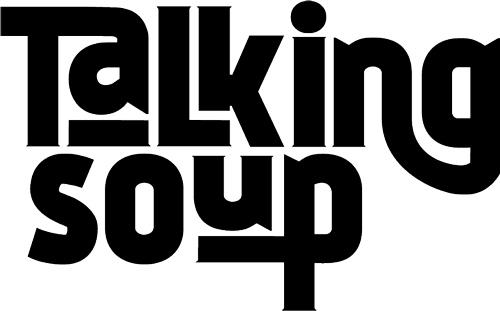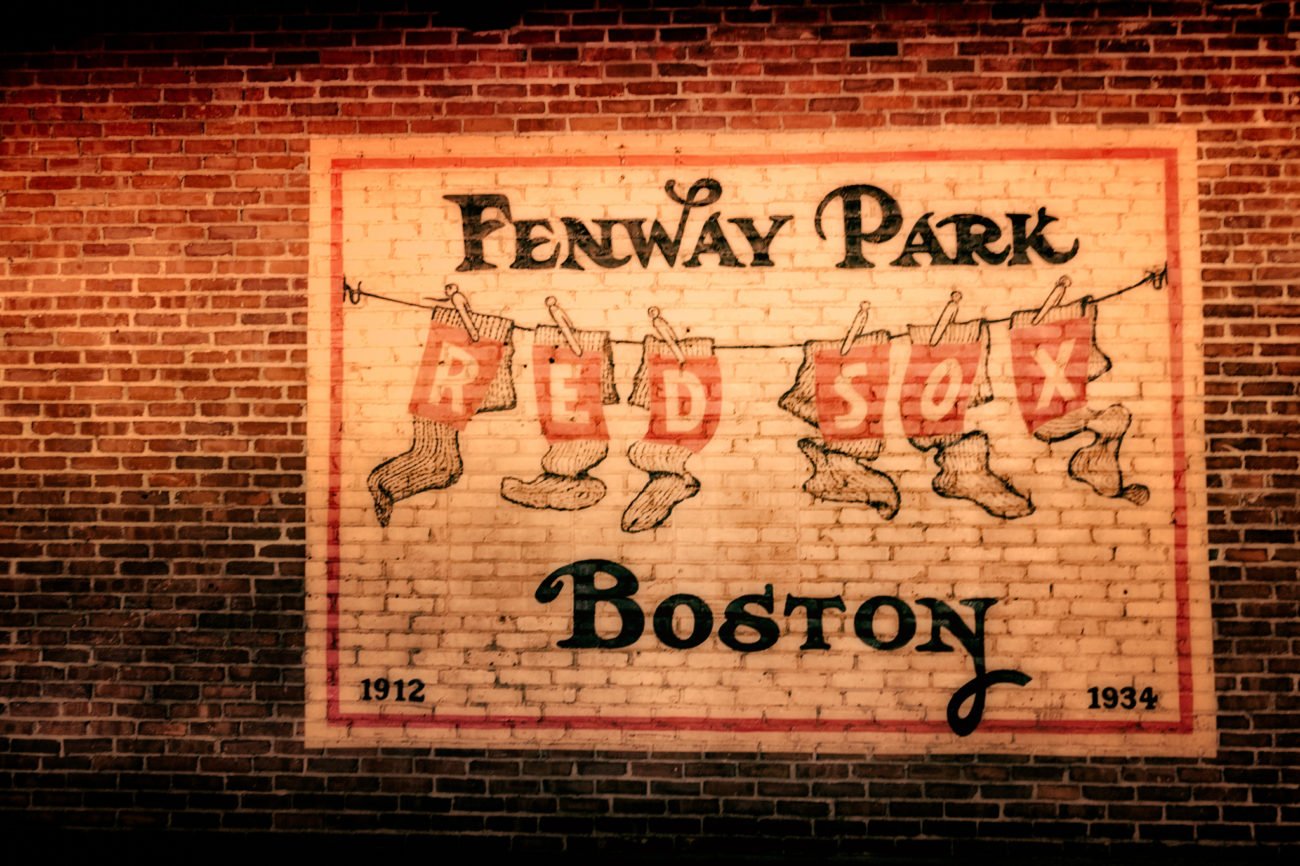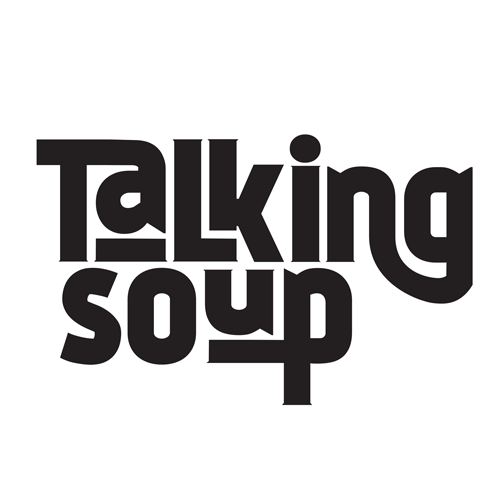In the last photo of my mother, she is getting her hair done. The nursing home where she’d moved to for rehab after a fall arranged for clients to get a regular wash and style. The beautician, a volunteer, brought her own gear and set up in the patient’s rooms. She would not take payment or a tip, Mom said, but finally did accept the $5 bill my mother pressed on her to buy supplies.
In the photo, Mom looks like her own mother, my grandmother. Two weeks later, after Mom developed pneumonia and tested positive for COVID-19, I posted her nursing school photo when I announced on social media that she had passed away. My friends who did not know her were astonished at how much she looked like me. My relatives already knew. Put our graduation photos side by side, and we could be twins.
People wrote kind words of condolence, but the harsh reality was that Mom died without her family at her side because of the coronavirus. It was a small comfort to us that she had a fellow nurse at her side, because that role in her life was so meaningful. It was another small comfort that one of her last acts before falling gravely ill was to get her hair done.
My mother was part of the beauty shop generation. In the 1950s, women’s roles in the workplace were expanding, but in the small towns of the Deep South, schoolteacher, nurse, beautician, and Avon lady were the jobs with the most promising career opportunities. A beautician could run her own small business, either from her home or from a shop. There were no chains, no pressure to buy products, and no men. Beauty shops were homey, with curtains on the windows and a ‘fridge full of sodas, and they were a women’s only affair. Women washed, cut, combed, colored, permed, and styled other women’s hair. Male stylists were called barbers, and they did their own thing in a barber shop for men.
In the nursing home, my mother’s hair appointment was every other Tuesday. Before then, she had a standing appointment at her niece’s beauty shop. Every Thursday morning at nine o’clock, rain, shine, hurricane, or sick kid home from school, it did not matter—if it was Thursday morning, Mom was at the beauty shop. The hair appointments were as sacred as Sunday mass. If there was a disaster or deadly illness and she was forced to miss, there was no kill fee. Miss your appointment and the beautician didn’t get paid. That’s how it worked in the beauty shop, so my mother made every effort not to miss an appointment. Though she was married with a family, she was a working woman in a place and time when career women were still a rarity. She knew what it meant to earn your own income.
At the beauty shop, there was a hair washer and one or two stylists. Four or five women could be serviced at one time, so my mother saw the same women each Thursday morning. While waiting to be styled or dried, while they were rolled up in curlers, they flipped through magazines and visited, just like in Steel Magnolias. They discussed everything: their families, other people’s families, the high school football team, current events, health and fashion, men, church news, deaths and births and divorces and politics.

When I was young, I sometimes went along with Mom to her Thursday appointment in summer or when I needed a haircut. It was a treat for me, one of four kids, to have that time alone with my mother and to listen to grown-ups ladies discuss grown-up subjects. My mom seemed to forget that I was there, and so I heard discussions about unplanned pregnancies and illicit affairs and cousins stricken with cancer. I also listened to anecdotes about amorous husbands and boyfriends. Once, when Mom was under the hair dryer, a lady flashed the Burt Reynolds nude centerfold at me. My impression was that he was awfully hairy, but the lady winked at me, and I kept what I’d seen a secret.
When a lady got sick or had surgery, her beauty shop friends brought over casseroles. When someone came to her first appointment after a death in the family, there was hugging and sympathetic ears and money slipped into her purse to help with funeral expenses.
Mostly, though, there was talk while hair was teased, and when I was there, I listened. We had a big noisy family who were not shy about hashing over any topic at any time, but the beauty shop vibe was different. It was private—a safe space. That meant, there were no men to speak over you or shout you down or mansplain. The beauty shop was the one of a handful of places where women could speak freely among themselves, about themselves.
My mother kept her Thursday beauty shop appointments right up until the fall that sent her to rehab. She kept driving well into her eighties, but she skipped a few times when the weather was bad or she felt poorly. She called to cancel when she had to, and there still was no kill fee.

Fifty years went by since my mother began getting her hair done, and things have changed in the beauty shop culture. Town barber shops closed. My dad got his haircuts the same time as my mom, though not as often. New beauty shops opened but they were called salons. Some were parts of a chain, and not as many were single owned businesses run by women. I get my hair cut at a bright but impersonal salon, by a stylist who seems to disappear and get replaced every year. My debit card and profile are on record, and though I don’t have a standing appointment, I get a reminder call if I let too many weeks go by without going in for a trim.
Before the Stay Home orders hit, I got a very short haircut. It was a whim, or maybe a premonition. It’s getting shaggy now but I’m weeks away from the temptation to take a pair of scissors to myself. I have other things to consider, such as working from home and mourning my mother.
When I see a protestor with an assault weapon demand that hair salons open, or signs that scream “I need a haircut,” I want to yell back at them: “I lost my mother to this!” Then I remember the independent business woman who runs her own shop and won’t get paid if the customer doesn’t keep her appointment, and I have sympathy. Some. Only some. My mother would have sorely missed her Thursday beauty shop appointments if they were held from her, but she liked living better.
Some time in the future when the restrictions lift, I’ll get a haircut. There are no beauty shops where I live, so I’ll go to a salon. I’m sure the stylist will be a stranger. I’ll have to tell her what I want, maybe show a photo from a magazine. She’ll do her best, and I’ll tell her it’s fine. When my haircut is over, I’ll tip the stylist and go home, wait six weeks until I feel shaggy, and do it again. Rinse and repeat.
The truth is, I don’t care that much about my hair, and I never would have given up hours each week to be combed and curled, but I also understand that my mother didn’t go to the beauty shop just to get her hair done. I wonder how many once-a-week standing appointment customers are left in the beauty shop world. Not many. And now, one less.
Cover image courtesy of 1950sUnlimited via Flickr
Ramona DeFelice Long writes short fiction, essays, and memoir about family, women, and quirky things that come her way. Her work has appeared in numerous literary and regional magazines. She is a Louisiana native now living in Delaware.









What a beautiful piece.
Beautiful, Ramona Long. What an interesting way of introducing us (readers) to your mother. So sorry your mom succumbed to this horrible virus; how you must miss her. Love your last paragraph. P.S. I remember that hairy Burt on the hairy rug pic!